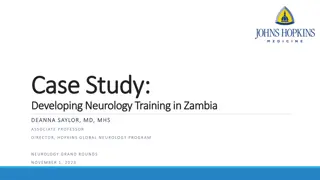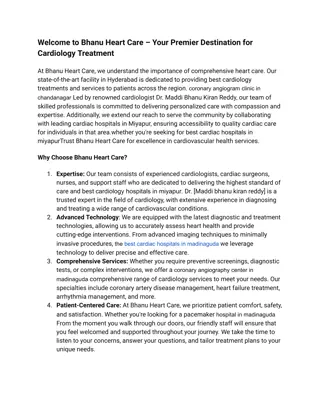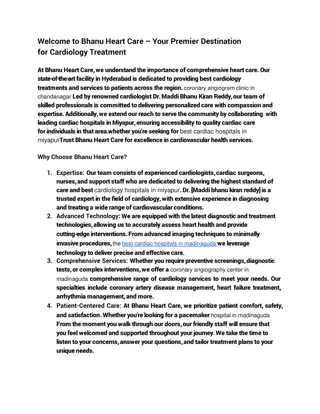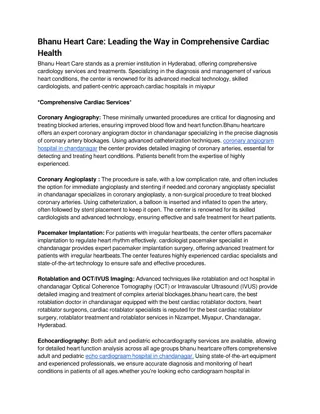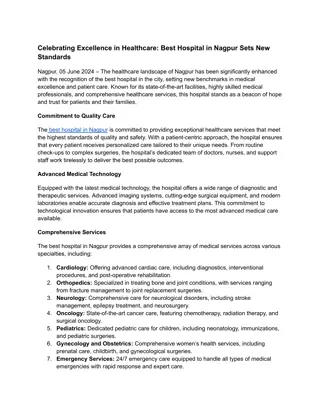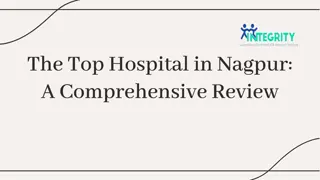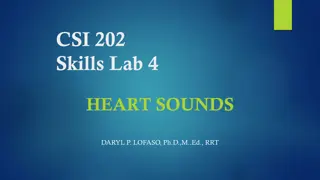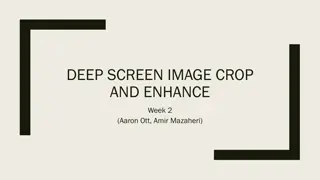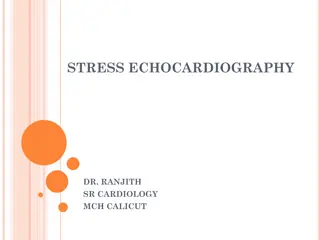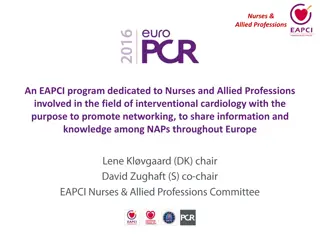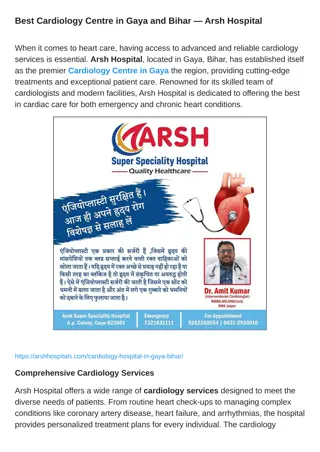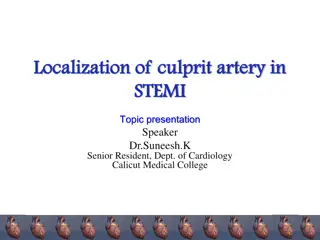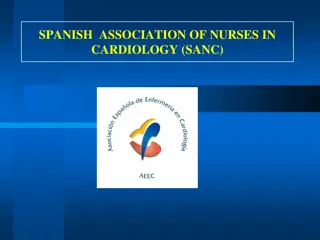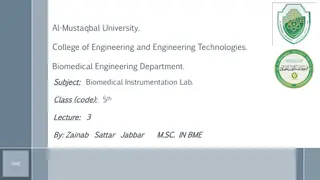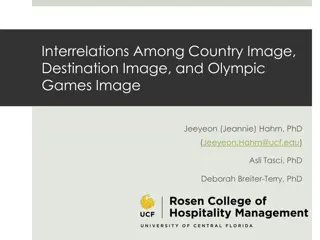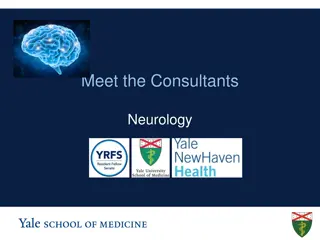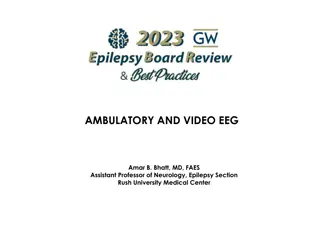Clinical Cases and Image Findings in Cardiology and Neurology
Explore a collection of clinical cases and image findings covering topics such as widened mediastinum, tracheal deviation, subdural hematoma, myocardial infarction, and arrhythmias. Learn about different diagnostic modalities, operative treatments, and potential complications associated with these conditions. This resource provides valuable insights into the management and presentation of diverse medical cases.
Download Presentation

Please find below an Image/Link to download the presentation.
The content on the website is provided AS IS for your information and personal use only. It may not be sold, licensed, or shared on other websites without obtaining consent from the author.If you encounter any issues during the download, it is possible that the publisher has removed the file from their server.
You are allowed to download the files provided on this website for personal or commercial use, subject to the condition that they are used lawfully. All files are the property of their respective owners.
The content on the website is provided AS IS for your information and personal use only. It may not be sold, licensed, or shared on other websites without obtaining consent from the author.
E N D
Presentation Transcript
Case 1 CXR Widened mediastinum Calcium sign Tracheal deviation Obliteration of aortopulmonary window
CT IMH from ascending aorta to distal aortic arch Pericardial effusion
Case 2 Lateral x ray Expectant and FU with serial radiographs Precautions Remove any magnetic objects nearby Avoid clothes with metallic buttons and belts with buckles Ensure that no other metal objects or magnets are ingested Observe for abdominal pain, fever, vomiting
Case 3 Acute interhemispheric subdural haematoma R frontal contusion L high parietal SAH
Falx syndrome Contralateral monoparesis of the leg or hemiplegia with predominant involvement of the leg Clouding of consciousness, cognitive impairment, language disorders, gait instability, and oculomotor dysfunction Shea Y-F, et al., An uncommon complication of fall in the elderly: Interhemispheric subdural hematoma, Journal of Clinical Gerontology & Geriatrics (2013)
Case 4 ECG SR 46/min ST elevation in inferior leads Reciprocal ST depression in aVL Acute inferior MI
Complications Arrthymias Cardiogenic shock Myocardial rupture Acute MR Pericarditis
Case 5 ECG Tachycardia 168/min Borderline QRS width LBBB
Features favouring VT Absence of typical RBBB or LBBB morphology Extreme axis deviation Very broad complexes (>160ms) AV dissociation Capture beats Fusion beats Positive or negative concordance throughout the chest leads Brugada s sign
Josephsons sign RSR complexes with a taller left rabbit ear High specificities but very low sensitivities If in doubt, treat as VT! https://lifeinthefastlane.com/ecg-library/basics/vt_vs_svt/
Treatment ATP


